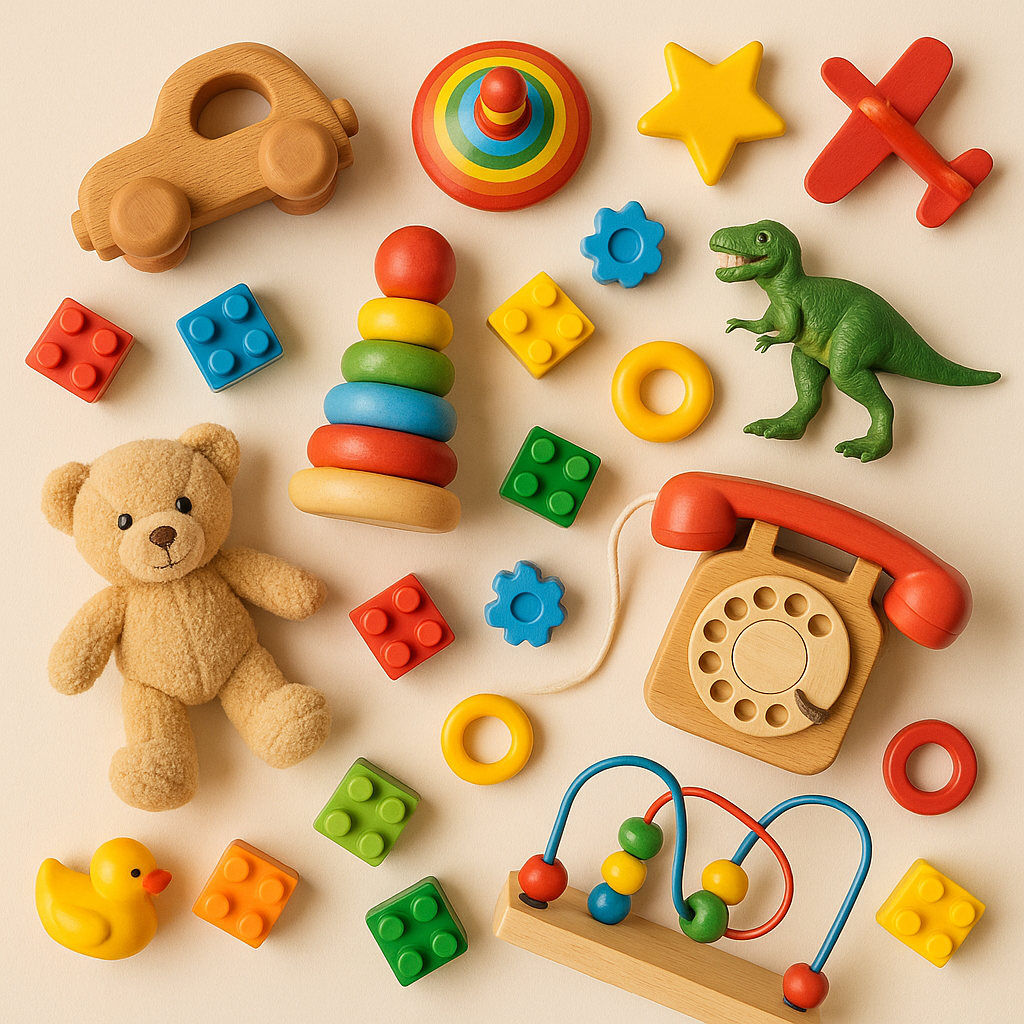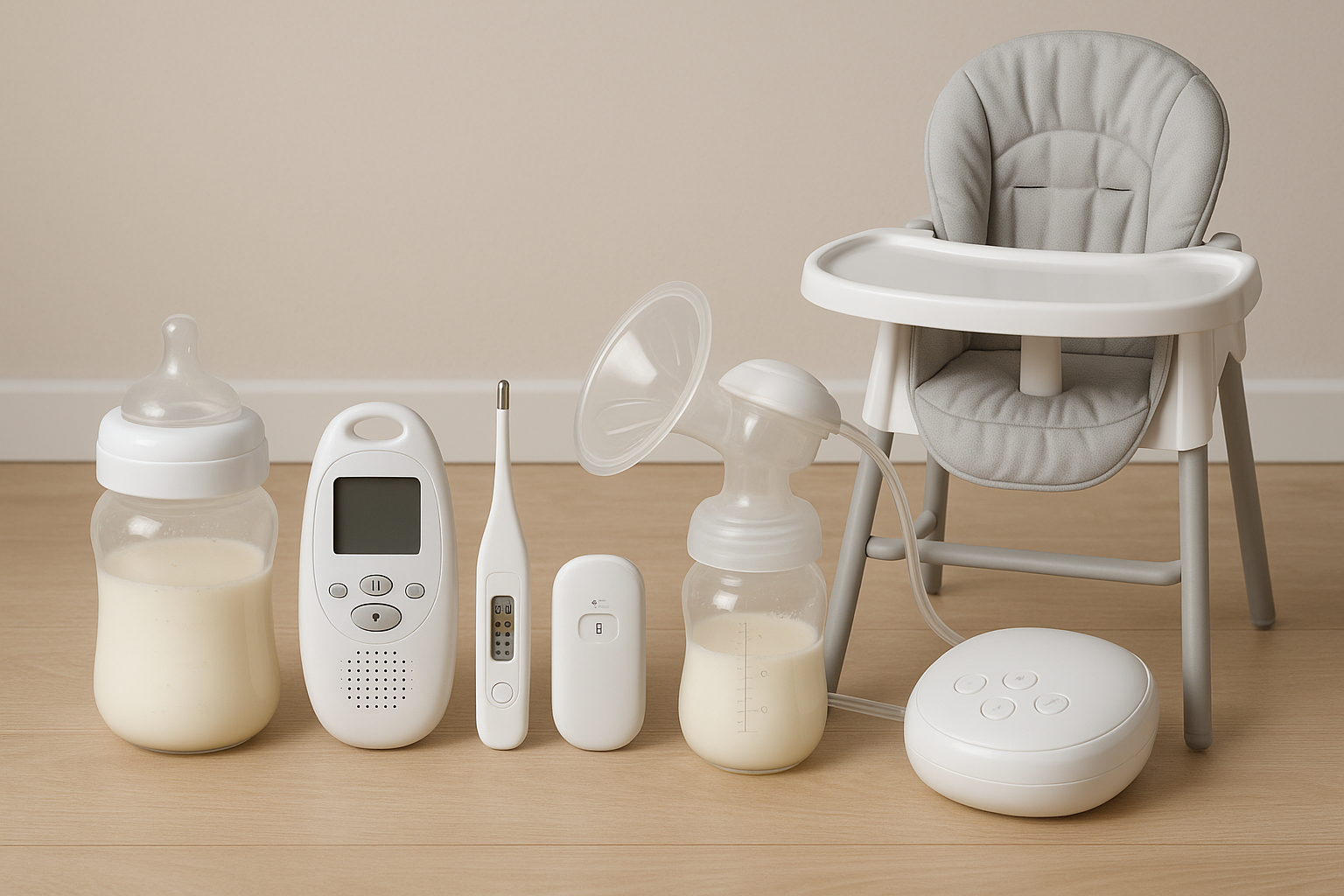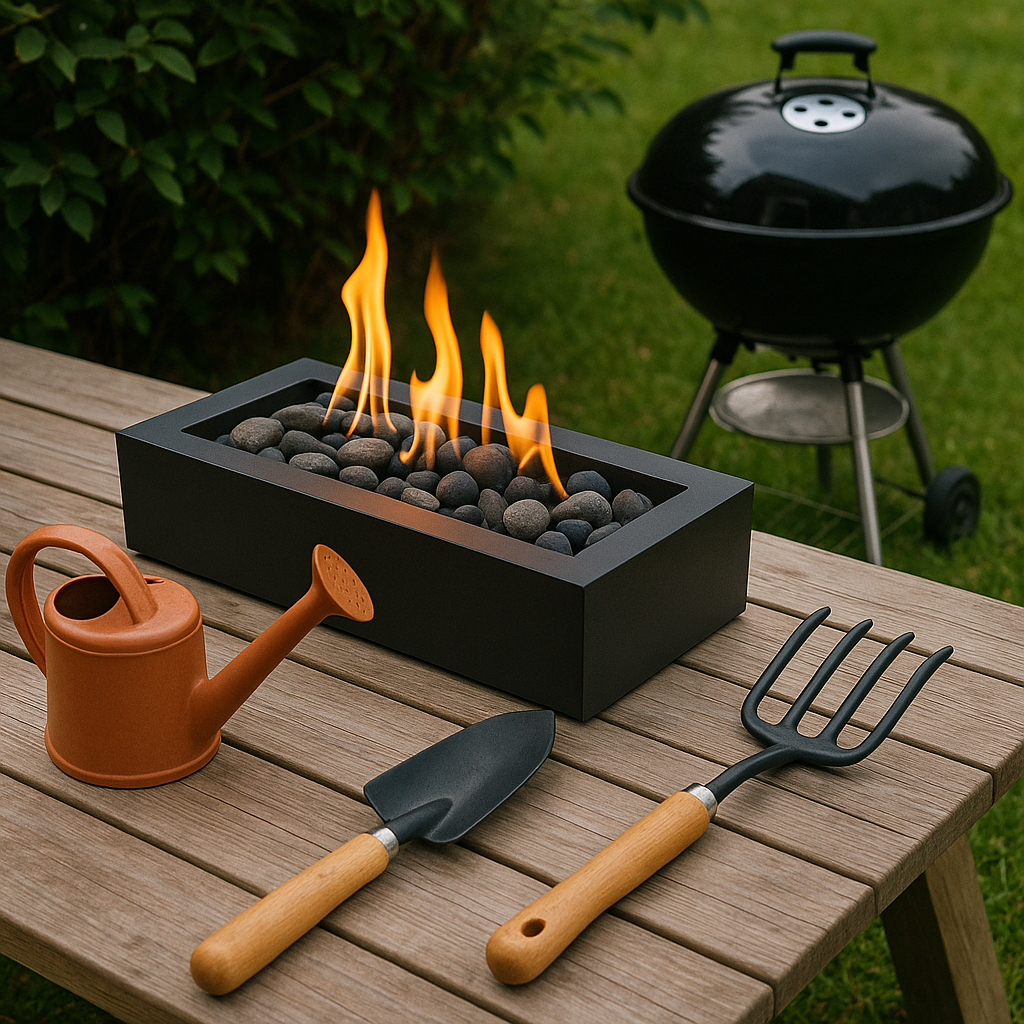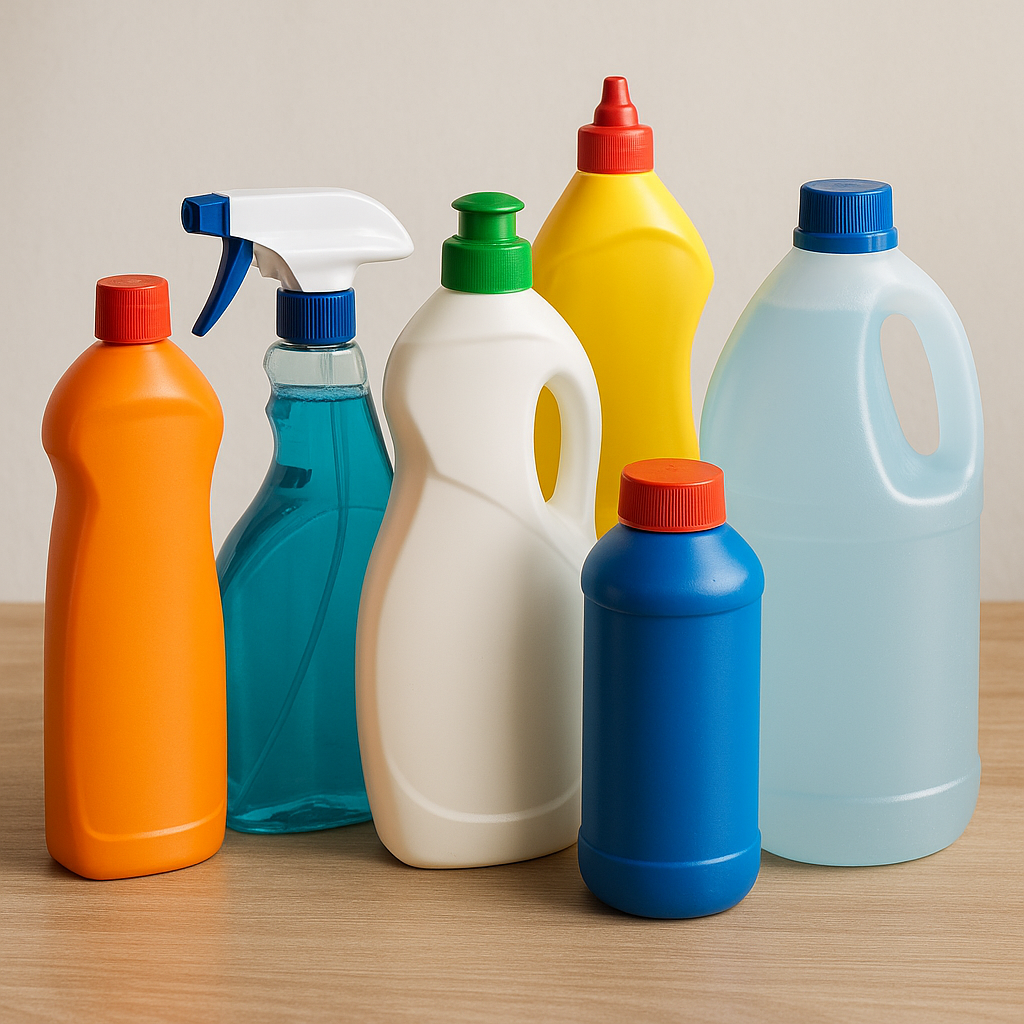Choosing the right toys for your little ones is a challenge, but also a huge pleasure! Toys not only bring joy but also have a profound impact on children's intellectual and emotional development. In this article, you'll discover how to choose toys that will entertain your child and support their learning through play. Here, you'll find tips on different types of toys that stimulate creativity, develop motor skills, and encourage exploration. Whether plastic blocks, interactive books, or puzzles? Each option has its unique advantages. Get ready for interesting suggestions and practical advice that will help you find the perfect toys that will become your little one's constant companion!
Choosing the right toys for your little ones is a key element in a child's upbringing and development. Toys are not only a source of entertainment but also serve educational and therapeutic purposes. With carefully selected toys, children can develop their cognitive, motor, and social skills. Toys help them learn new skills, such as recognizing shapes, colors, and sounds, as well as develop creativity and imagination.
It's also worth noting that toys influence a child's emotional development. Through play, children learn how to manage various emotions, how to cooperate with other children, and how to build relationships. Toys that enable interaction with others teach empathy, sharing, and communication. Thus, well-chosen toys can significantly support a child's social development.
Finally, choosing the right toys also impacts children's physical health. Toys that encourage movement, such as balls, balance bikes, or jump ropes, help develop gross and fine motor skills, coordination, and balance. These toys allow children to develop their physical abilities in a safe and thoughtful way.
The first years of a child's life are a period of intense development, both physical and cognitive. During this time, a child's brain develops at an extremely rapid pace, and the experiences gained during these years are crucial for future development. Therefore, it is crucial to provide the child with appropriate stimuli that will support their development on various levels.
One of the key aspects of a child's development is motor development. In the first months of life, a child learns to control their body, develop motor coordination, and manual dexterity. Toys that support motor development, such as rattles, blocks, and puzzles, help a child learn precise movements and develop manipulative skills.
Another important aspect is cognitive development. In the first years of life, children learn to recognize and name various objects, sounds, and colors. Educational toys such as books, puzzles, and logic games support the development of cognitive skills and help children learn cause-and-effect thinking and problem-solving.
Toys that support child development can be divided into several categories, each with its unique benefits and impacting different aspects of development. It's worth choosing toys from different categories to ensure your child's comprehensive development and diverse experiences.
The first category is sensory toys, which stimulate a child's senses. These can include toys that make sounds, have different textures, colors, or smells. Sensory toys help develop sensory perception and teach a child to distinguish between different stimuli.
The second category is educational toys that support the development of cognitive skills. These can include books, puzzles, logic games, or construction sets. Educational toys help children learn new concepts, develop cause-and-effect reasoning, and develop analytical skills.
The third category is interactive toys, which encourage active play and interaction with the environment. These can include electronic toys that respond to the child's touch, sound, or movement, as well as toys that enable group play, such as board games or role-play sets. Interactive toys support a child's social and emotional development.
Sensory toys are toys that stimulate a child's senses through a variety of stimuli. These can include tactile toys with different textures, auditory toys that make different sounds, or visual toys that attract the eye with colors and shapes. Sensory toys are incredibly important because they help a child develop sensory perception and teach them to distinguish between different stimuli.
Examples of sensory toys include activity mats with different textures, colors, and manipulative elements. These toys help children develop their motor skills by learning to grasp, press, or drag various objects. Another example are auditory toys, such as rattles or musical instruments, which help children develop their hearing and learn to distinguish between different sounds.
Water toys are also worth mentioning, as they are perfect for bath time play. These toys not only provide fun but also stimulate a child's senses, teaching them to distinguish between water temperature, texture, and movement. Sensory toys are not only a source of fun but also an important tool in sensory therapy, which helps children with sensory processing disorders.
Educational toys are those that, in addition to providing entertainment, are designed to support a child's cognitive development. These can include books, puzzles, logic games, or construction sets. Educational toys help children learn new concepts, develop cause-and-effect reasoning, and develop analytical skills.
Books are an excellent way to develop a child's language and cognitive skills. Reading books with your child helps them learn new words, develop their imagination, and develop their attention span. It's important to choose books that are age-appropriate and feature colorful illustrations and simple stories.
Puzzles and logic games are toys that support the development of analytical skills and logical thinking. Solving puzzles helps children learn to recognize shapes and colors and develop manual skills. Logical games, such as jigsaw puzzles and mazes, teach children cause-and-effect reasoning and problem-solving.
Construction sets, such as blocks and building kits, are toys that foster creativity and imagination. By creating various structures, children learn planning, spatial reasoning, and develop manual skills. Educational toys are an excellent way to learn through play and support a child's comprehensive development.
Interactive toys are those that respond to a child's actions, encouraging active play and interaction with their surroundings. These can include electronic toys that make sounds, lights, or move, as well as toys that encourage group play, such as board games or role-play sets.
Interactive toys have many advantages. First and foremost, they encourage active play, which helps develop motor skills and coordination. Toys that respond to touch, sound, or movement teach children cause-and-effect relationships and develop manipulative skills.
Another advantage of interactive toys is that they support a child's social and emotional development. Toys that allow for group play teach children cooperation, communication, and sharing. They can help children develop social skills and learn how to build relationships with others.
Finally, interactive toys develop a child's creativity and imagination. Toys that allow for role-playing, such as doctor or chef sets, teach children to imitate adults and develop their imagination. Interactive toys are an excellent way to support a child's comprehensive development through play.
Toy safety is a key aspect we should consider when choosing them. Toys should be made of child-safe materials, free of harmful substances, and not pose a threat to the child's health or life. It's worth paying attention to certificates and safety standards that confirm the toy's safety.
When choosing toys, it's also important to consider the child's age. Toys should be appropriate for the child's age and developmental stage to avoid posing a threat. Toys for young children should not contain small parts that could be swallowed or placed in their nose or ear. It's also important that toys are solidly made and free of sharp edges or loose parts.
It's also worth paying attention to how toys are used. Electronic toys should be equipped with protection against overheating and electric shock. Toys that require assembly or folding should be easy to use and pose no risk to the child. Toy safety is a key aspect to consider when choosing toys to ensure safe and enjoyable play for your child.
Matching toys to a child's age and developmental stage is key to their effectiveness and safety. Toys should be appropriately selected to suit the child's abilities and interests to support their development and provide joy.
For babies, it's important to choose toys that stimulate their senses and develop motor skills. These can include rattles, activity mats, soft toys for cuddling, or toys that make sounds. It's important that the toys are safe, made of soft materials, and free from small parts.
For older children who are just starting to walk and run, it's worth choosing toys that encourage movement and develop motor skills. These can include balls, balance bikes, scooters, or outdoor play sets. Toys that develop manual skills, such as blocks, puzzles, or drawing sets, are also excellent choices.
For preschool and school-age children, it's important to choose toys that develop cognitive abilities, creativity, and social skills. These can include books, puzzles, logic games, construction sets, or interactive toys. It's important that the toys are tailored to the child's interests and support their development on various levels.
Buying toys for your little ones isn't just about choosing, but also finding the right place to buy the highest quality toys. It's worth choosing reputable stores that offer a wide selection of toys for children of all ages and stages of development.
Specialty stores that offer educational, sensory, and interactive toys are a great place to shop. These stores offer expert help and advice, as well as a wide selection of toys tailored to your child's needs. It's also worth considering stores that offer certified toys that meet safety standards.
Online shopping is also a convenient option, especially for busy parents. Online toy stores offer a wide selection of products, often at attractive prices. However, it's worth paying attention to other customer reviews and choosing reputable stores that offer high-quality toys.
Finally, it's worth visiting toy fairs and exhibitions, where you can see the latest trends and products on the market. Trade fairs are a great place to gain inspiration and engage directly with toy manufacturers and distributors. Regardless of where you shop, it's always important to consider the quality and safety of toys to ensure your child has the best conditions for play and development.
Choosing the right toys for your little one is a key element in their upbringing and development. Toys should not only provide joy but also support a child's intellectual, emotional, and physical development. It's important to choose toys that stimulate the senses and develop cognitive, motor, and social skills.
Sensory toys, such as activity mats, rattles, and water toys, help children develop sensory perception and motor skills. Educational toys, such as books, puzzles, and construction sets, support cognitive development and creativity. Interactive toys that respond to children's actions encourage active play and develop social skills.
Toy safety is a key consideration when choosing toys. Toys should be made of child-safe materials, free of small parts, and meet safety standards. Choosing toys appropriate for the child's age and developmental stage is also crucial to ensuring safe and effective play.
Purchasing toys from reputable stores, both in-store and online, as well as at toy fairs and exhibitions, guarantees high quality and safety. When choosing toys, it's important to consider their educational and developmental value to support a child's comprehensive development and provide them with the joy of play.









0 comments